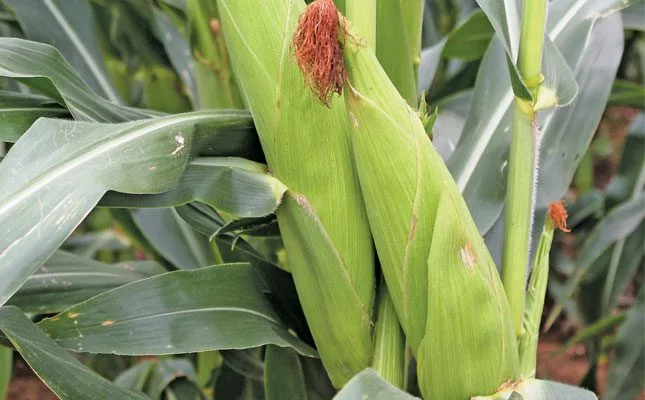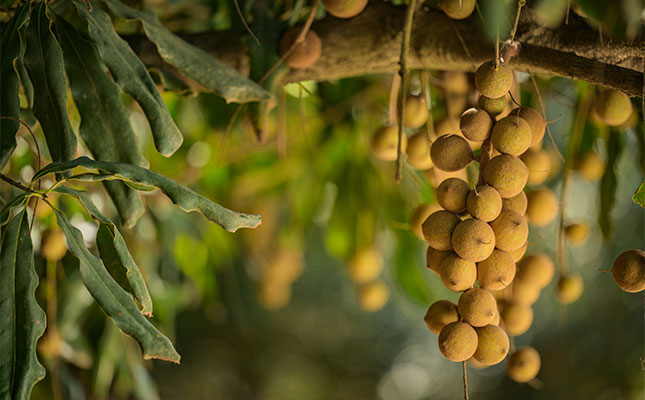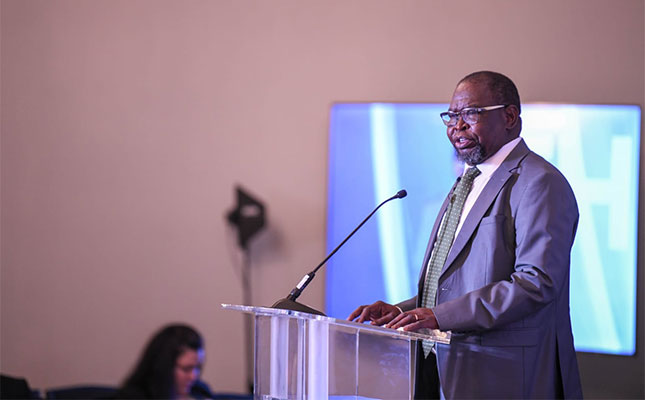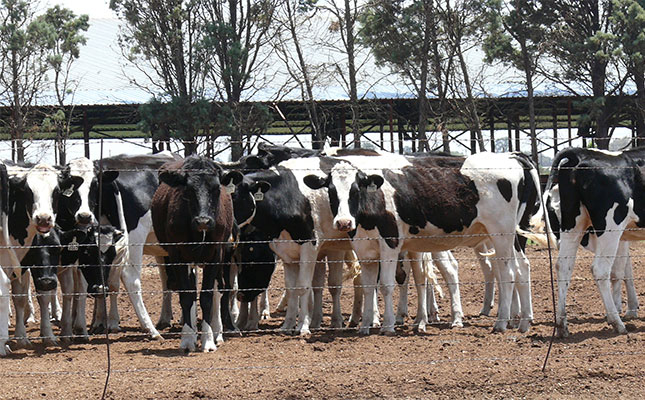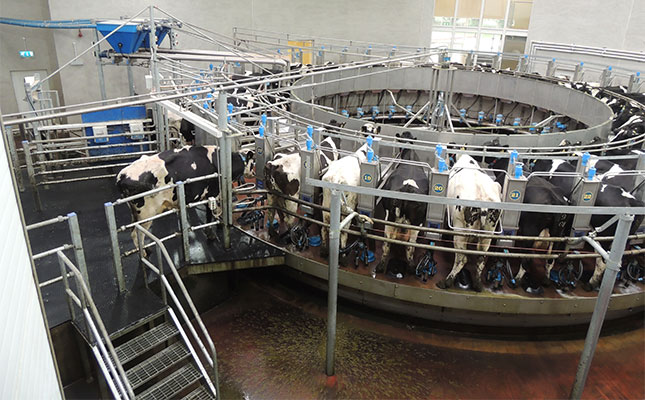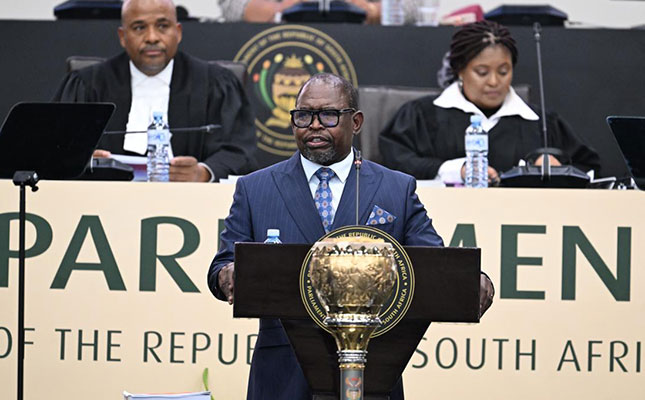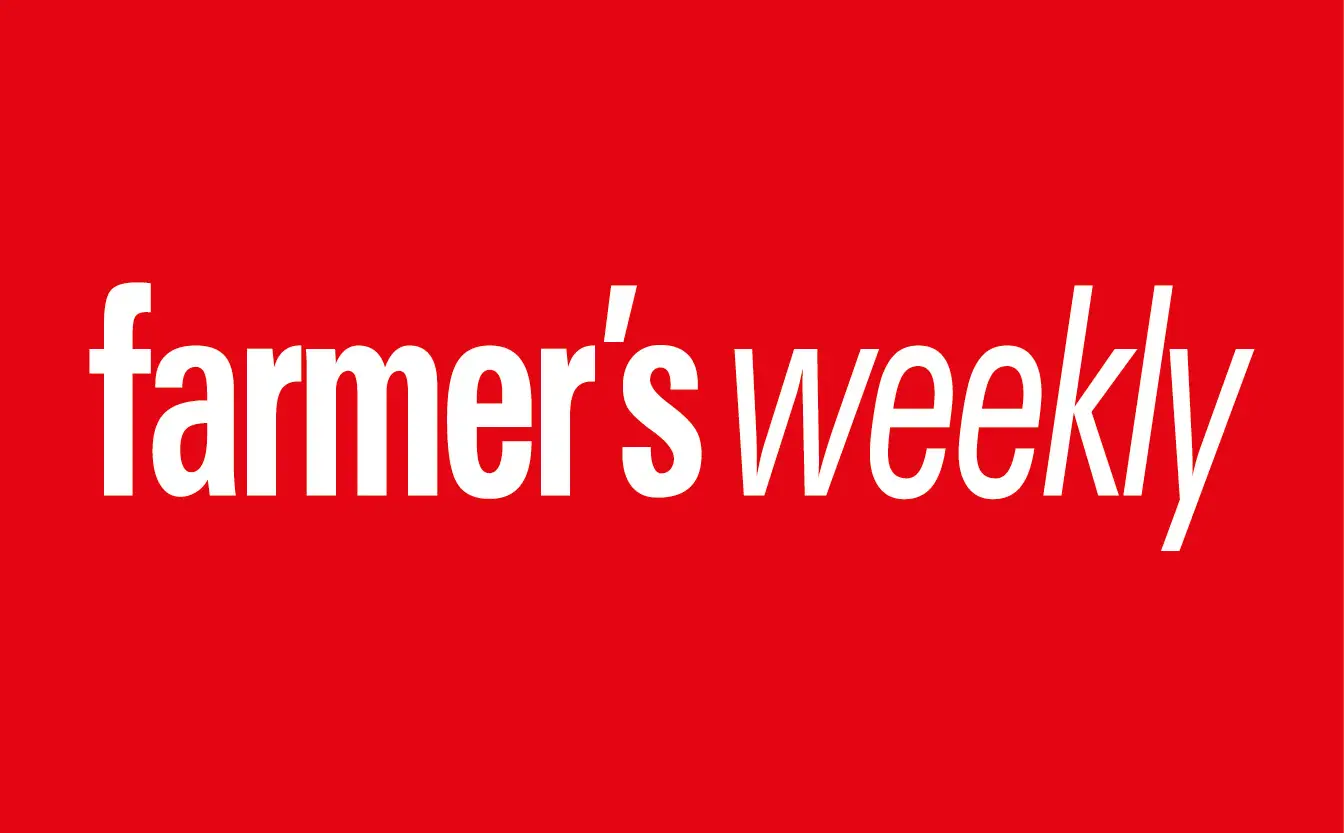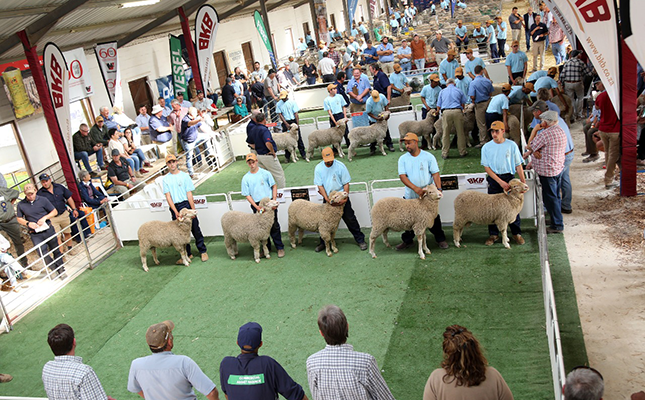
More than 300 entries are expected from commercial producers as well as stud farmers who are members of Merino South Africa (Merino SA). The only requirement is the sheep must be pure-bred Merinos.
READ Merino: why a bigger flock is better on the Mpumalanga Highveld
There show features 46 classes, based on age, weight, and wool length. It takes place over three rounds, with 30 officials and six judges involved in the process. The judges work in pairs.
Over the years, the BKB Merino Classic has served as a benchmark for breeding progress, and its results are closely followed by buyers in the stud and commercial markets. Many of the country’s leading ram breeders view success at the classic as a valuable marketing tool, as animals that perform well here often fetch premium prices later in the season.
The event also provides a rare opportunity for international visitors to observe South African Merino genetics, with buyers from Namibia and Botswana expected to attend this year.
According to Merino SA, the classic is a showcase of passion, excellence, and dedication to Merino breeding. The organisation describes it as an opportunity for breeders, farmers, and Merino enthusiasts to connect, learn, and celebrate the best the industry has to offer.
READ The benefits of polled Merinos for SA’s sheep industry
Speaking to Farmer’s Weekly, Willie van Heerden, manager of Merino SA, said the upcoming event wasn’t just a competition; it was a platform for exchanging ideas and promoting collaboration within the industry.
“The show is secondary; the primary objective is to get people together to share insights, brainstorm, and collaborate. It is important for the industry to get as many Merino farmers and breeders as possible from around the country to the table to move the industry forward. We need to stand together,” he explained.
Van Heerden said Merino SA President Grant Naudé was passionate about getting the whole industry together, ensuring it wasn’t exclusive to ram breeders.
“The industry is getting back on its feet amid financial challenges in the agriculture sector. Meat prices are starting to move in a positive direction, and we just need to knuckle down to get through this cycle.
“[Naudé’s] biggest drive is to gather all stakeholders who are committed to serving the best interests of the Merino industry as a whole,” Van Heerden said.

